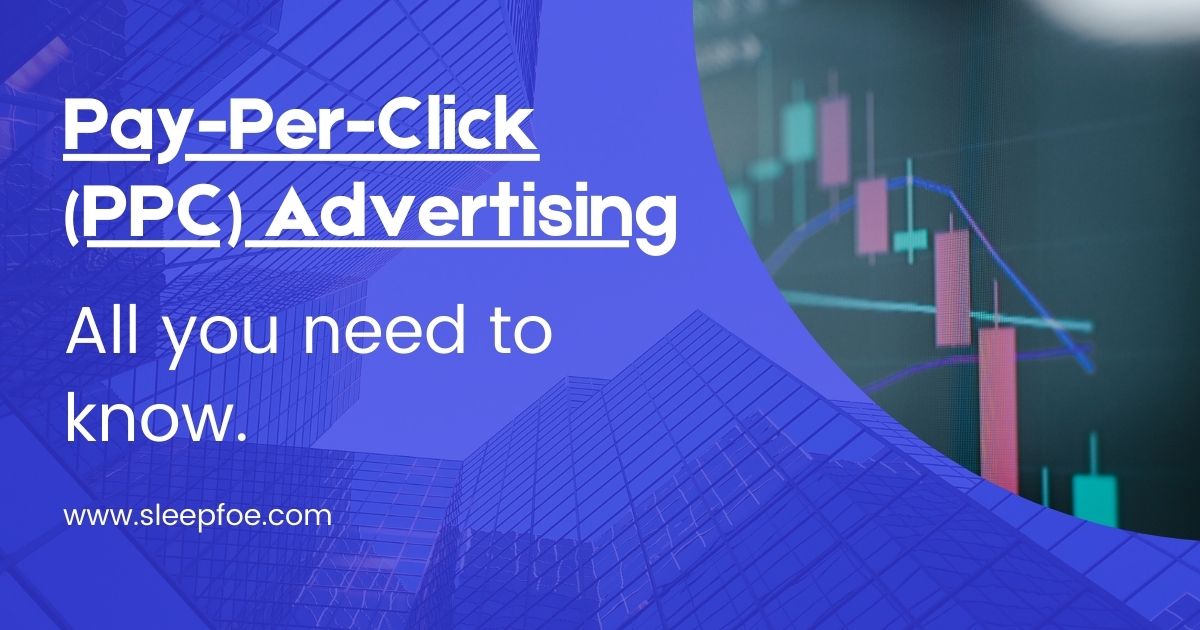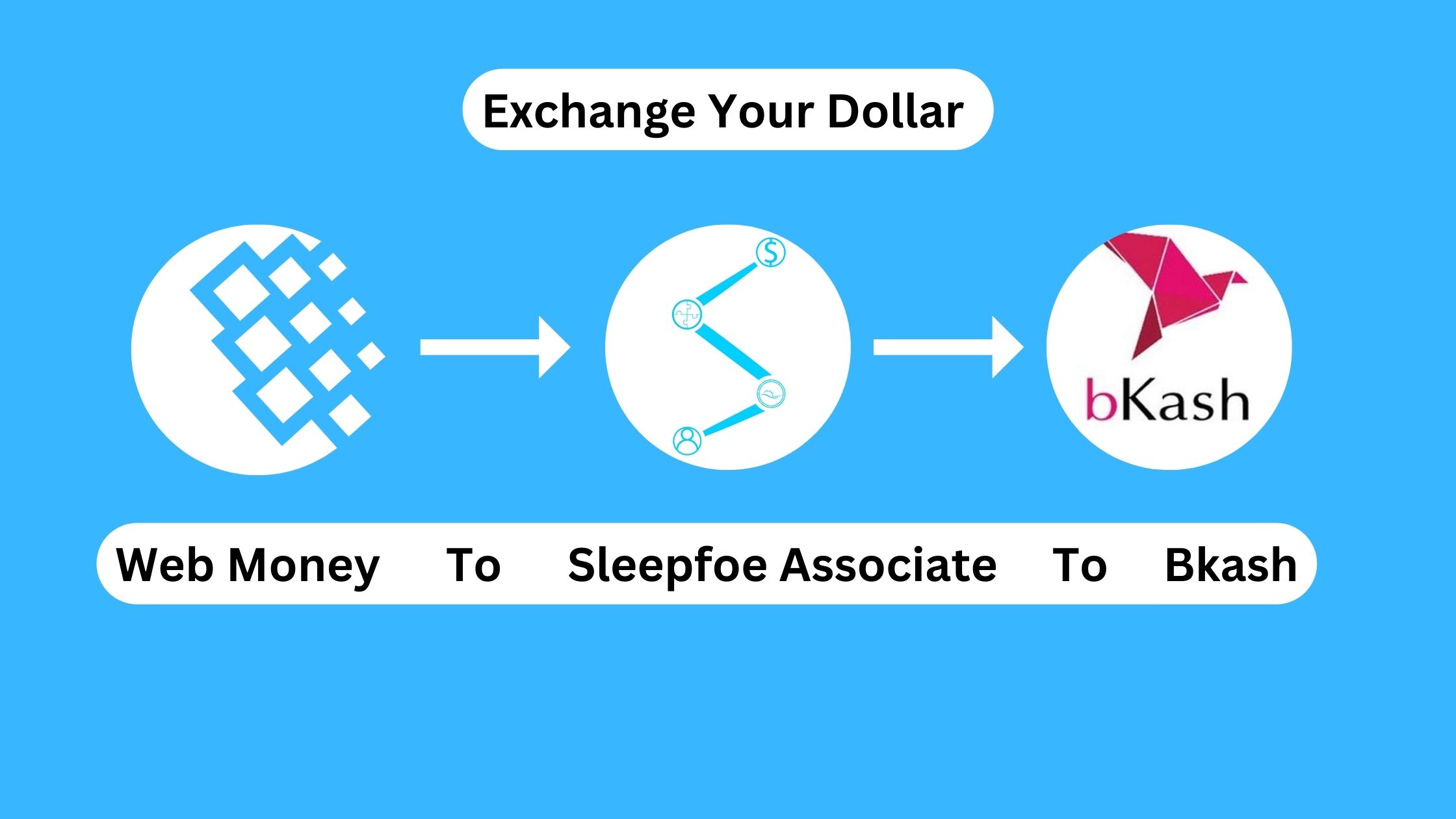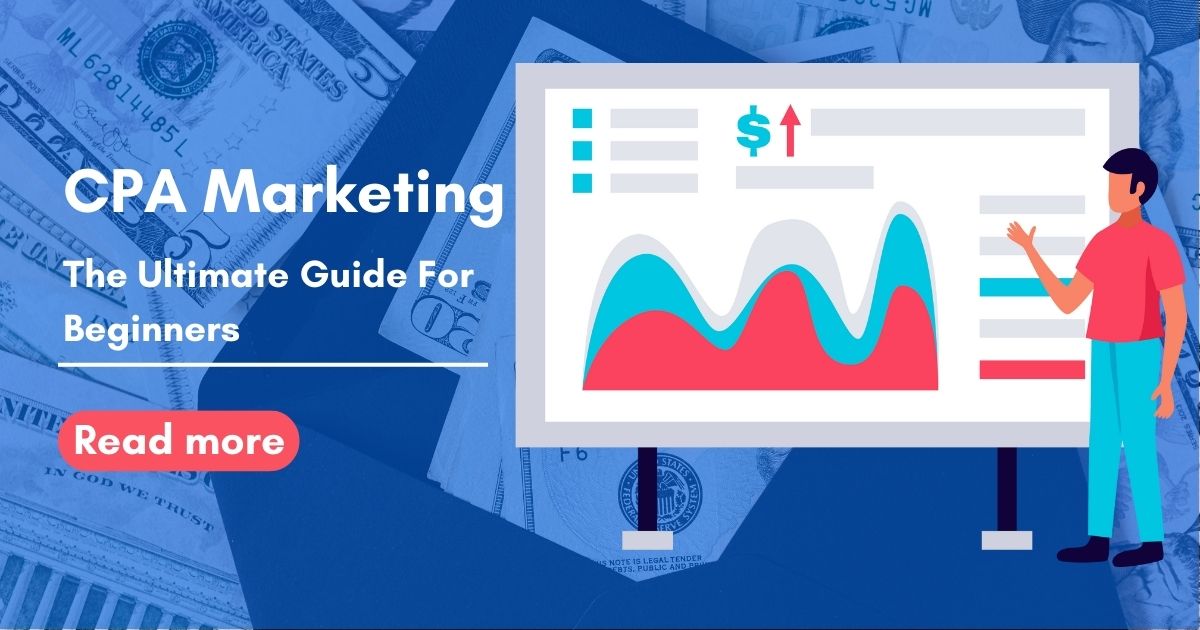Pay-Per-Click (PPC) Advertising; All you need to know.

Pay-Per-Click (PPC) advertising has become a popular and effective way for businesses to reach their target audience online. PPC advertising allows companies to place advertisements on search engines, such as Google and Bing, or on websites that display advertisements. The business is charged a fee when a potential customer clicks on the ad. In this blog post, we'll explore the benefits and drawbacks of PPC advertising and provide tips for making the most out of your PPC campaigns.
Definition of PPC advertising.
Pay-Per-Click (PPC) advertising is a form of digital marketing where advertisers pay each time a user clicks on one of their online ads. The ads appear on search engines, social media platforms, websites, and other digital channels. The amount paid per click can vary depending on the industry, competition, and keywords used.
In a PPC advertising campaign, advertisers create ads and choose specific keywords related to their products or services. When a user searches for those keywords, the ads are displayed on the search engine results page (SERP) or other relevant digital channels. The advertiser only pays when a user clicks on the ad and is directed to their website.
One of the benefits of PPC advertising is its ability to target specific audiences, as advertisers can choose specific demographics, locations, and interests to target their ads to. This allows for more efficient and effective use of the advertising budget. Additionally, PPC advertising provides measurable results, as advertisers can track the number of clicks, conversions, and overall return on investment (ROI).
Overall, PPC advertising is a cost-effective way for businesses of all sizes to reach a targeted audience and drive traffic to their website. However, it's important to have a clear strategy in place, understand the bidding process, and continually optimize campaigns to maximize results.
Benefits of Pay-Per-Click (PPC) Advertising:
- Targeted Audience: PPC advertising allows advertisers to target specific audiences based on demographics, interests, and locations, ensuring that their ads are seen by people who are most likely to be interested in their products or services.
- Immediate Results: PPC advertising provides almost instant results, as ads can start appearing in front of targeted audiences within minutes of launching a campaign. This is a quick and effective way to drive traffic to a website and generate leads.
- Measurable Results: PPC advertising provides measurable results, as advertisers can track the number of clicks, conversions, and overall return on investment (ROI) of their campaigns. This allows advertisers to make informed decisions and continually optimize their campaigns to maximize results.
- Cost-Effective: PPC advertising is a cost-effective way to reach a targeted audience and drive traffic to a website. Advertisers only pay when a user clicks on their ad, so they can control their advertising spend and budget effectively.
Drawbacks of Pay-Per-Click (PPC) Advertising:
- Competition: PPC advertising can be competitive, especially for popular keywords, as many advertisers may be bidding for the same keywords. This can drive up the cost per click and make it more difficult for advertisers to reach their desired audience.
- Requires Expertise: PPC advertising requires a level of expertise to be successful, as advertisers must have a clear strategy, understand the bidding process, and continually optimize their campaigns to maximize results.
- Can Be Expensive: While PPC advertising is cost-effective, it can still be expensive if not managed properly. Advertisers can easily overspend on campaigns if they don't understand the bidding process or if they target the wrong keywords.
- May Require Continual Investment: PPC advertising requires continual investment, as advertisers must continually bid on keywords and adjust their campaigns to stay ahead of the competition and reach their desired audience.
In conclusion, PPC advertising is a powerful tool for businesses of all sizes to reach a targeted audience and drive traffic to their website. However, it's important to understand both the benefits and drawbacks of PPC advertising and have a clear strategy in place to ensure success.
Tips for Making the Most of Your PPC Campaigns.
Conduct keyword research: Keyword research is a critical first step in launching a successful PPC campaign. Advertisers should identify the keywords that are most relevant to their products or services and have the highest search volume. They should also consider long-tail keywords, which are more specific and have lower competition, to reach a targeted audience. Advertisers can use tools like Google AdWords Keyword Planner to research and select the best keywords for their campaigns.
Create compelling ads: Once the right keywords have been selected, advertisers need to create compelling ads that will attract clicks. Advertisers should use clear and concise language, and highlight the unique benefits of their products or services. They should also include a strong call-to-action, such as "Learn More" or "Sign Up," to encourage users to take action.
Monitor and adjust your campaigns: Monitoring and adjusting PPC campaigns is crucial to success. Advertisers should regularly review the performance of their campaigns and make changes as needed to improve results. This may include adjusting bids on keywords, tweaking ad copy, or targeting different audiences. Advertisers can use tools like Google AdWords to track the performance of their campaigns and make adjustments.
Test, test, test: Testing is an essential part of a successful PPC campaign. Advertisers should regularly run A/B tests to compare different versions of their ads and identify what works best. They can test different ad copy, images, and landing pages to see what resonates with their target audience. This will help advertisers to continuously improve their campaigns and maximize results.
Best practices for PPC Advertising.
By following these best practices, you can create a successful PPC campaign that drives traffic to your website and generates leads effectively.
Defining your target audience: Understanding who your target audience is and what they are looking for will help you create more targeted and effective ads.
Setting clear goals: Having clear goals for your PPC campaigns will help you measure your success and determine the effectiveness of your advertising efforts.
Conducting keyword research: Keyword research is critical to identifying the best keywords to target in your ads.
Creating compelling ads: Ads should be clear, and concise, and highlight the unique benefits of your products or services.
Optimizing landing pages: Your landing pages are the first impression your target audience will have of your business, so it's important to make sure they are relevant, informative, and easy to navigate.
Using strong calls to action: A strong call to action will encourage your target audience to take action, such as signing up, learning more, or making a purchase.
Monitoring and adjusting campaigns: Regularly monitoring and adjusting your campaigns is crucial to success, as it allows you to make changes to improve results.
Testing and optimizing: Regularly testing and optimizing your campaigns will help you identify what works best and continuously improve your results.
Common Mistakes in PPC Advertising.
Here are some common mistakes in PPC advertising. By avoiding these common mistakes, you can improve the performance of your PPC campaigns and achieve better results.
Neglecting keyword research: Not researching keywords properly can result in targeting the wrong audience or ineffective campaigns.
Failing to optimize landing pages: Landing pages that are not optimized for both desktop and mobile devices or that are slow to load can result in poor user experience and decreased conversions.
Ignoring ad copy and design: Poorly written or designed ads can result in low click-through rates and ineffective campaigns.
Not setting clear goals: Without clear goals, it's difficult to measure success and make informed decisions about your PPC campaigns.
Not using negative keywords: Failing to use negative keywords can result in your ads being shown to the wrong audience or for irrelevant searches.
Overlooking the importance of mobile optimization: With the increasing use of mobile devices, it's crucial to ensure your campaigns are optimized for mobile.
Neglecting to monitor and adjust campaigns: Regular monitoring and adjustment of your campaigns is critical to success, as it allows you to make changes to improve results.
Not testing and optimizing: Regular testing and optimization are essential for continuous improvement and to identify what works best.



